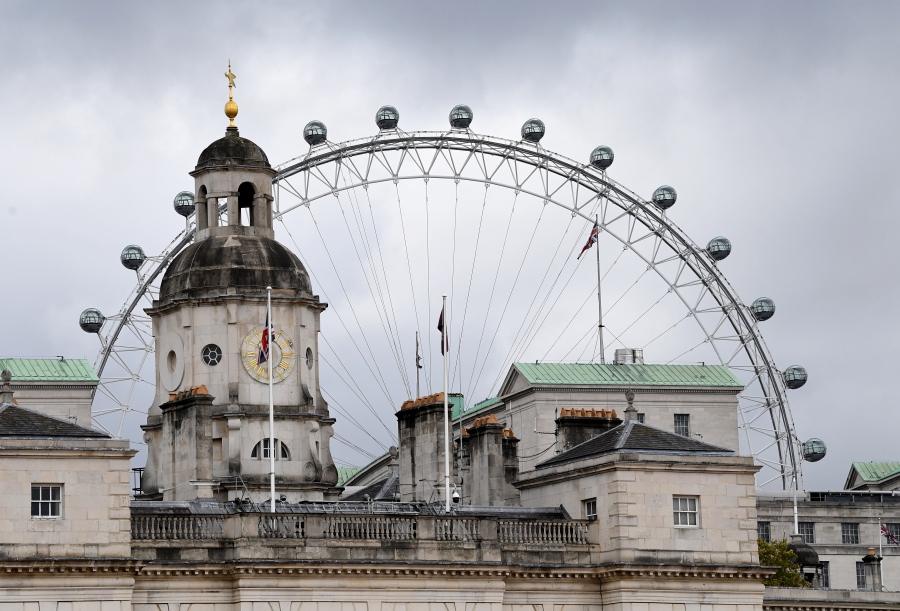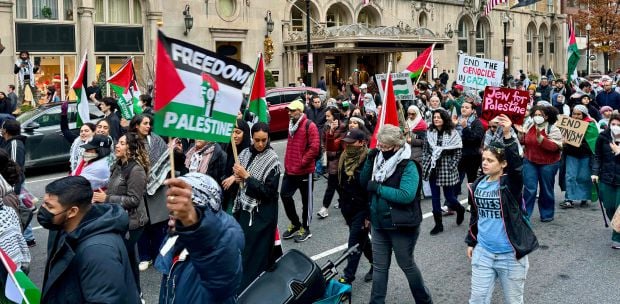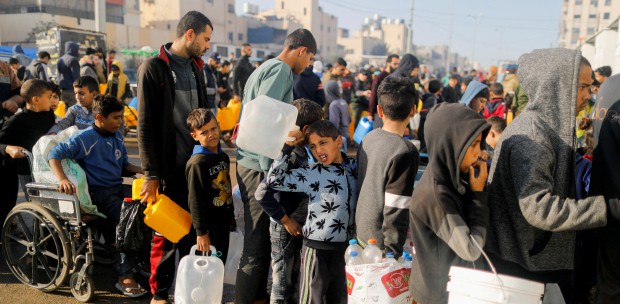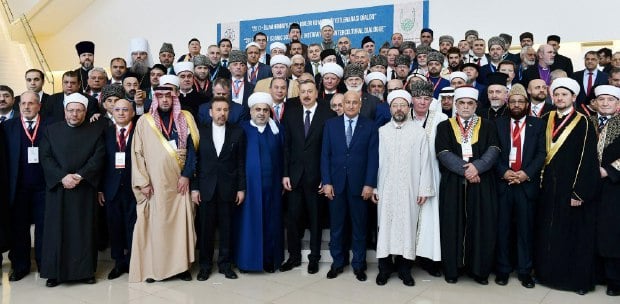THE first time I came across the expression "rogue state" was in 2002 after purchasing and reading William Blum's explosive book Rogue State, where he said that the United States is one such state, giving his reasons in a most convincing manner.
A "rogue state" has been defined as a nation or state regarded as breaking international law and posing a threat to the security of other nations.
My thoughts turned to this book on Sept 24 after reading the NST Leader's insightful piece "Crime and punishment", which began with the ominous warning: "Something is rotten in the state of Britain. Twice in two weeks, international law is being flayed in public."
On Friday, I Googled the question "Has the UK become a rogue state?" and I came across several published material in cyberspace, which appeared to answer that question in the affirmative.
One such material was written by Mark Curtis titled "Explainer: Is the UK a rogue state?" where he exposed 17 British policies violating domestic and international law. Curtis said that the UK government routinely boasts that it upholds national and international law.
However, the reality of British policies is quite different, especially when it comes to foreign policy and so-called "national security".
Britain's Royal Air Force (RAF) has been operating a drone programme in support of the US since 2007. These deadly drones have been used by the UK to strike targets in Afghanistan, Iraq and Syria. Four RAF bases in the UK supported the US drone war.
The joint UK and US spy base at Menwith Hill in Yorkshire (north England) facilitates US drone strikes in Yemen, Pakistan and Somalia.
US drone strikes are widely regarded as illegal under international law, breaching fundamental human rights.
Up to 1,700 civilian adults and children have been killed in so-called "targeted killings".
Custis also said Britain had violated international law in the case of Chagos Islands in the Indian Ocean, when it expelled the inhabitants in the 1960s to make way for a US military base on Diego Garcia, the largest island.
In 2015, a UN Tribunal ruled that the UK's proposed "marine protected area" around the islands (a pretext to keep the islanders from returning) was unlawful because it was contrary to the rights of Mauritius.
In February last year, the International Court of Justice (ICJ) ruled in an advisory opinion that Britain must end its administration of the Chagos islands.
The United Nations General Assembly (UNGA) adopted a resolution in May last year welcoming the ICJ ruling and "demanding that the UK unconditionally withdraw its colonial administration from the area within six months".
The UK government ignored the ICJ advisory opinion as well as the call by UNGA. A report by Parliament's Intelligence and Security Committee in 2018 found that the UK had been complicit in cases of torture of detainees in the so-called "war on terror".
The report confirmed the participation of MI6, MI5 and Ministry of Defence personnel in interrogating detainees held by the US in Afghanistan, Iraq and Guantanamo Bay from 2001 to 2010.
Saudi Arabia has been accused by the UN of violating international humanitarian law and committing war crimes in its war in Yemen since 2015.
The UK had licensed nearly £5 billion worth of arms to the Saudi regime during this time. In addition, the RAF was helping to maintain Saudi warplanes for use in Yemen.
In June last year, the UK Court of Appeal ruled that ministers had illegally signed off on arms exports without assessing the risk to civilians. The ruling followed a report by a House of Lords committee, which concluded that Britain was breaking international law by selling weapons to Saudi Arabia and should suspend some export licences immediately.
The International Court of Justice (ICJ) ruled in the Nicaragua case (where US-backed covert forces attempted to overthrow the Sandinista government) that covert military operations to subvert foreign governments is illegal because it breached the principles of non-intervention and the prohibition on the use of force.
As such, Britain's operation in Syria to overthrow the Assad regime is unlawful. Curtis gave many other reasons to support his contention that the UK has indeed become a rogue state, following its close ally, the US.
I am reminded of what my international law professor said during my student days in London in the late 1960s — "Public international law is power politics".
The writer, a former federal counsel at the Attorney-General's Chambers, is deputy chairman of Kuala Lumpur Foundation to Criminalise War






